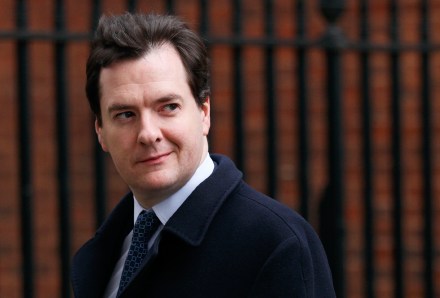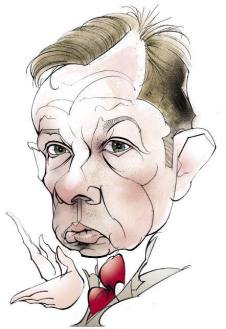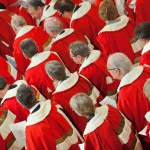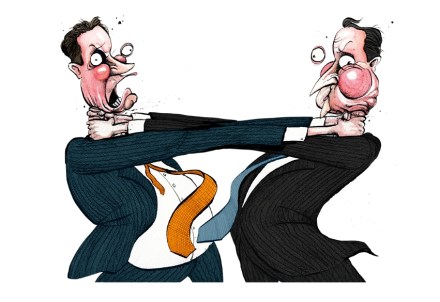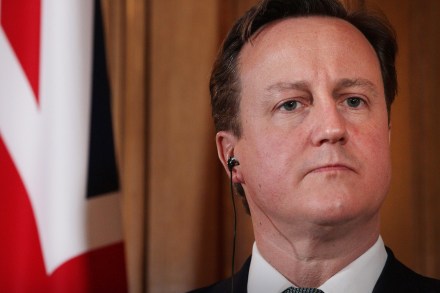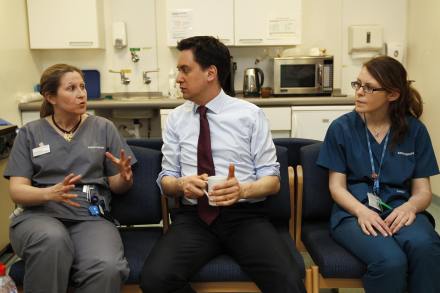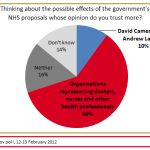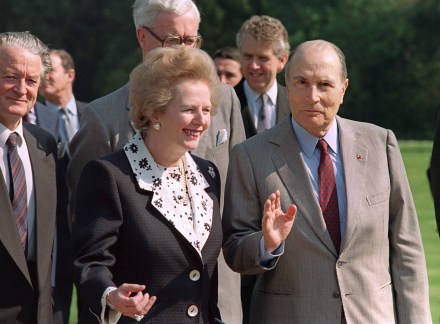So how much do you really like The Smiths, Dave?
David Cameron’s love of The Smiths has been tested numerous times, in the press, in person and at PMQs. But today, there’s new dimension to the saga. Johnny Marr, the group’s former guitarist, has announced he will delight fans and reform the band – but only if the Prime Minister steps down: ‘We won’t be reforming this week. Maybe if the government stepped down. If this government stepped down, I’ll reform the band. How’s that? That’s a fair trade, isn’t it? I think the country would be better off, don’t you? I’ll do it if the coalition steps down.’ As a dedicated fan, it’s certainly a tough call for Dave



